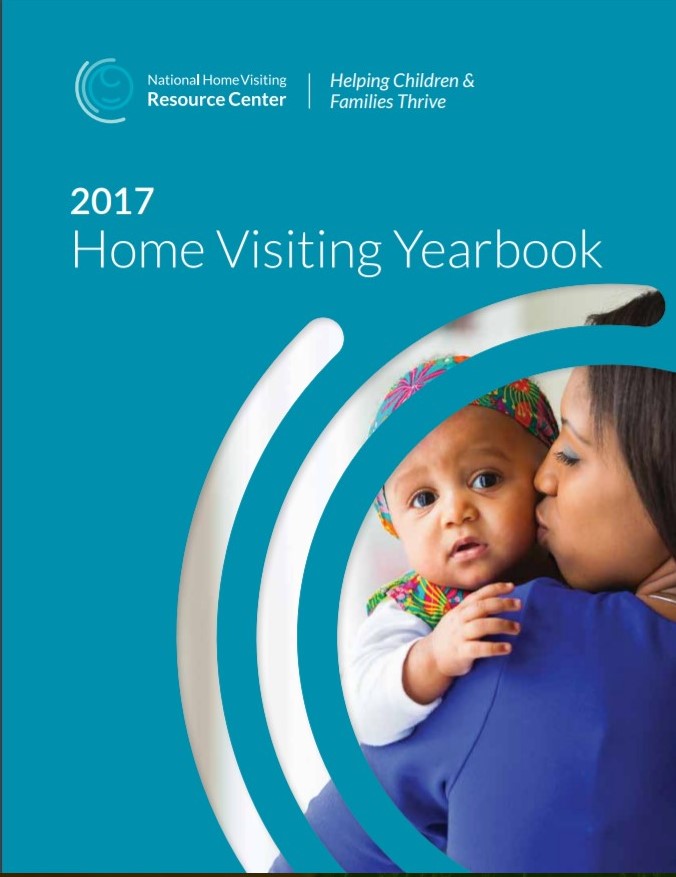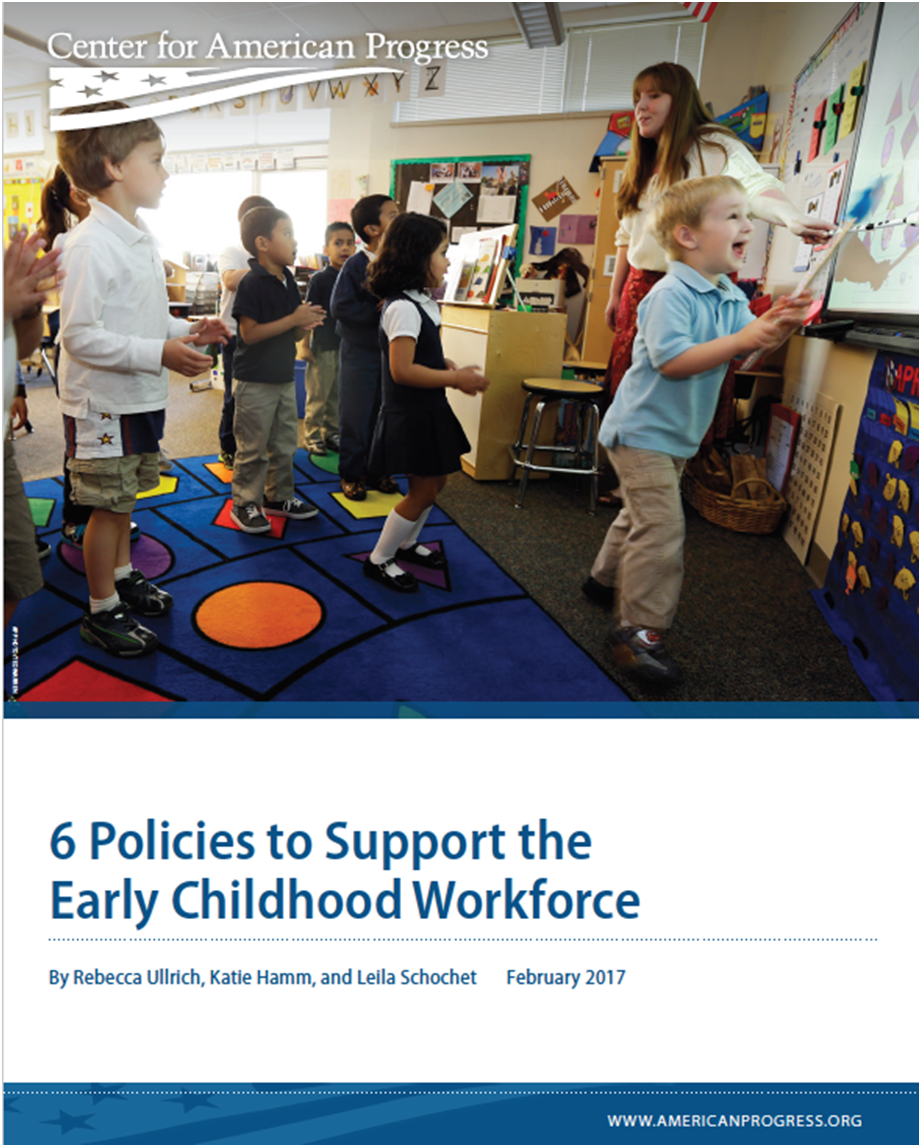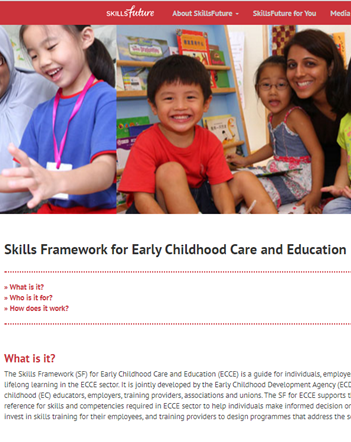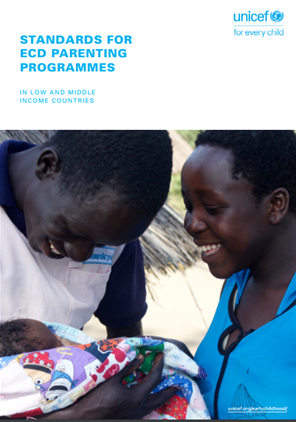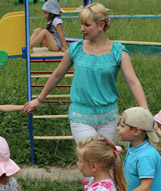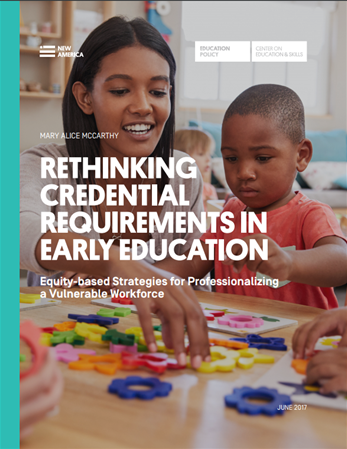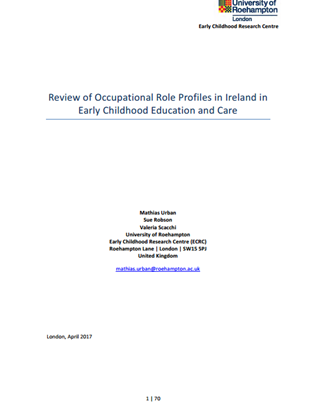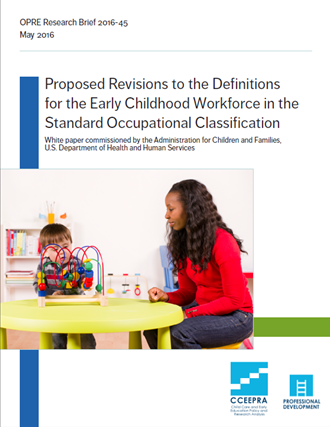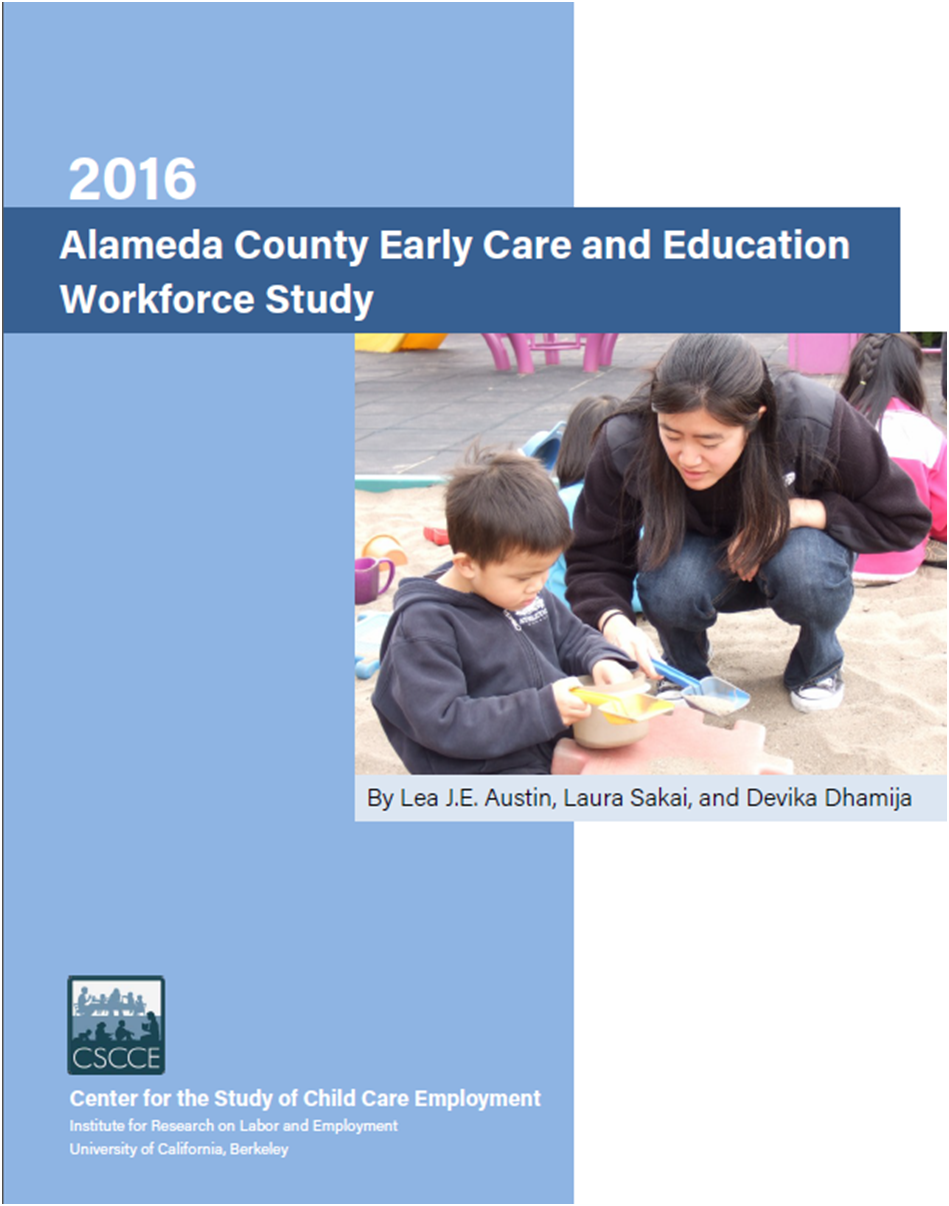Quality is key in Early Childhood Education in Australia
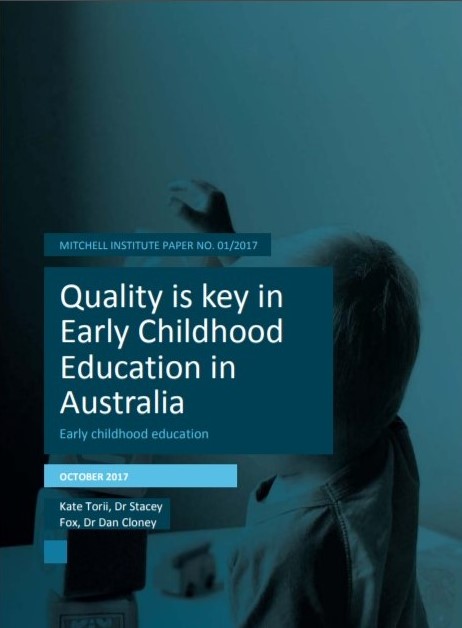
Quality is key in Early Childhood Education in Australia highlights several key policy priorities for limiting quality across the Early Childhood Education and Care (ECEC) system. These priorities address gaps in access by focusing on:
- Pre-service teacher education, especially for Early Childhood Teachers (ECTs) and Diploma-qualified staff
- Pathways to grow pedagogical leaders
- Ongoing embedded and evidence -informed professional learning
- The use of data to track children's developmental, and design appropriate, personalized learning opportunities
This report also takes a look at the many elements of quality in ECEC and their importance.
www.vu.edu.au


